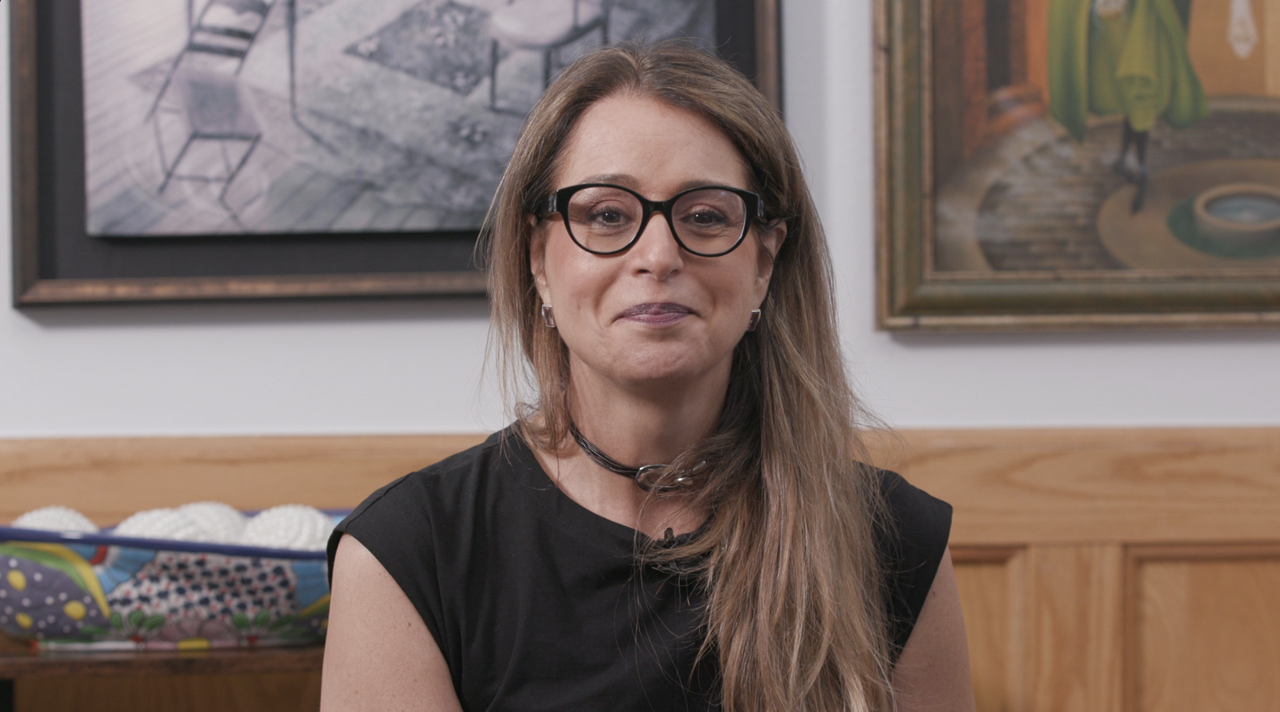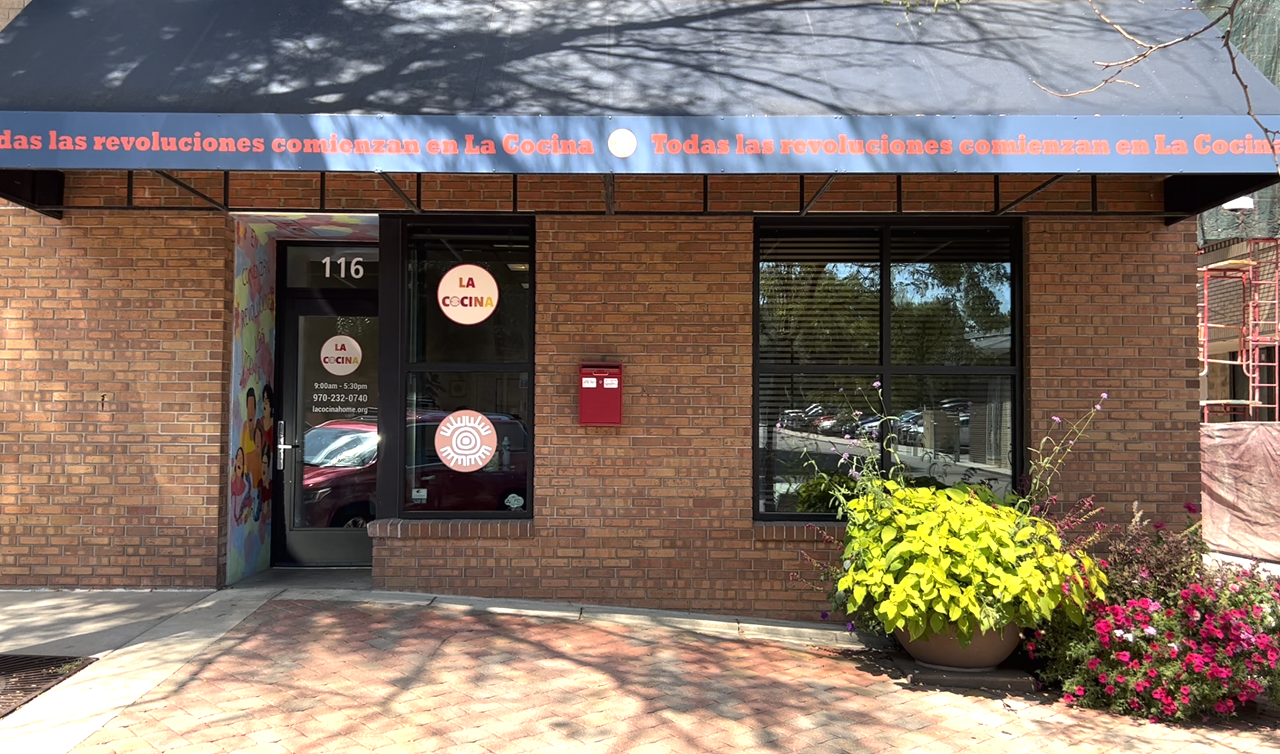La Cocina provides much-needed understanding and mental health care for the Latinx community

LOVELAND, Colo. — Teresa Gonzalez recalls that her son was constantly taken out of class and put in a separate room to “calm him down.” Gonzalez said that only made things worse.
“Today, my son has a trauma of being alone and being put in a room,” she said in Spanish. “Every time I find him alone, he’s scrunched up in a ball.”
Gonzalez said she would get calls from school to pick him up and take him home. “I feel like they would make him explode.”
When Gonzalez found out her son was autistic and hyperactive, she asked the school to get him a special needs aide. After multiple failed attempts, Gonzalez decided to transfer him to a new school.
“I had a lot of anxiety and also depression,” said Gonzalez.
She felt like the worst mom in the world. “That’s what the school lead me to believe,” she explained.
“I didn’t know what to do or where to go,” Gonzalez continued. Out of desperation she said she decided to open up to her employer at the time, La Cocina.
La Cocina is a nonprofit, mental health care clinic. They are Latinx founded, Latinx lead and Latinx serving.

La Cocina’s literal translation is "the kitchen." The story of their name comes from the Farmworker Movement with Dolores Huerta and Cesar Chavez. “They used to organize in kitchens … and they would often close their meetings by saying, ‘all revolutions start in the kitchen,’” said La Cocina’s founder and CEO, Janina Fariñas, Ph.D.
La Cocina began after the 2016 election when they noticed the growing rates of anxiety and depression among immigrant groups. Their team now includes more than 17 professionals, including trained psychologists, counselors, social workers, marriage and family therapists, mentors and educators, and health promotion workers.
As an organization, they serve nine counties in Colorado. So far, La Cocina says it has facilitated mental health recovery for more than 1,000 Latinx families. Their multidisciplinary teams have grown to include trainers and program leaders.
“People believe that the mental health of our community was much worse than for white communities. But that’s really a misconception,” said Fariñas.
“In the Latinx community, people are getting overly diagnosed with mental illness. It’s true for some groups, however when it comes to some children with developmental disorders or children with a developmental, non-neurotypical presentation, one of the things that happens is they go under-diagnosed,” said Fariñas.
She said folks in schools might notice something different with the child but because the child is bilingual, or monolingual Spanish-speaking, Fariñas said they might not bring it up and think it’s going to work itself out.
“The problem with that view is that there’s a very big difference between being bilingual and having needs that are perhaps different from other kids in the school.” This pattern, she said, is what leads a lot of families like Gonzalez’s to go undiagnosed for a long time.

As bilingual and multicultural people themselves, professionals at La Cocina can see where the child may need some additional support.
“There is an important role for us at La Cocina to collaborate with school systems so that we can prevent this,” said Fariñas.
That’s one of their primary missions at La Cocina: to ensure that families are supported and receive the help they need.
“This piece about allowing our community to really define for themselves what the healing journey is, that needs to be centered,” said Fariñas.
La Cocina accepts referrals from other agencies and people can also call them directly. The services are completely free and La Cocina offers a variety of programs, including some for new parents.
“It was a blessing for me to have them. They not only helped me fight for my son, but they helped me fight for my own mental health,” said Gonzalez.
La Cocina supported her through the transition to the new school, taught her about her son’s rights as a special needs student and also gave her therapy sessions for a year.
“I’ve gotten to the point where I can now talk about it, there was a time I would just cry,” said Gonzalez. She gives enormous credit to her support system with La Cocina. “They are now my family; I love them and feel completely comfortable and empowered around them.”
Sonia Gutierrez is a multimedia journalist with Rocky Mountain PBS. You can reach her at soniagutirrez@rmpbs.org.
Julio Sandoval is a multimedia journalist with Rocky Mountain PBS. You can reach him at juliosandoval@rmpbs.org.
